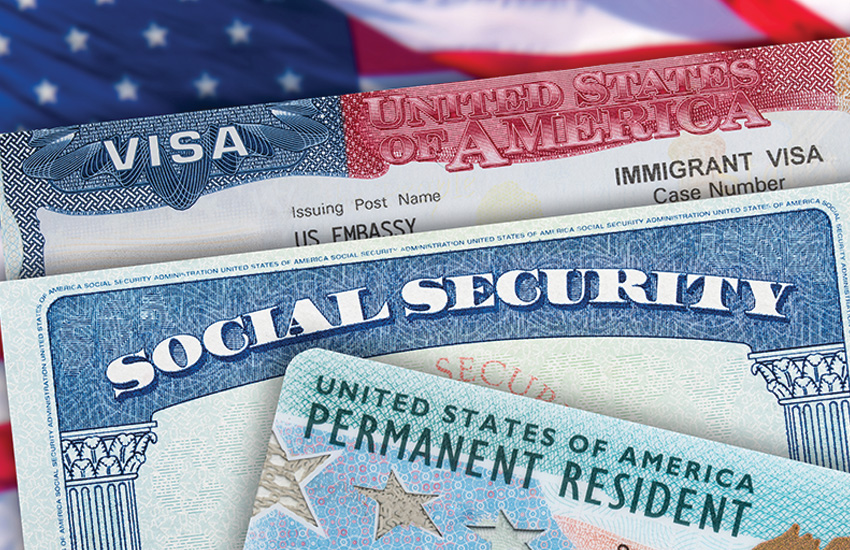
Keep yourself in tune with the latest immigration laws, immigration cases and more related news. Visit Kenneth Udoibok’s premier online blog: Immigration Lawyer

• H-1 B Visas Processing
• Permanent Resident Alien • Card Processing
• Employment Authorization (US Worker’s Permit)
• Citizenship or Naturalization
• Asylum
• Alien Fiancé K-1 Visas
• Student Visas
• Immigration Court Proceedings
• And More!
We can handle every aspect of your immigration case. We will advise you based on your own individual immigration law issues. Please call us at 612-808-6031 or reach out via our online contact form to schedule a free initial consultation. We will answer your questions, explain the most current proceedings and give you an estimate of the cost of representation.
- Employment Based Immigration
- Family Based Immigration
- Deportation/Removal Defense
Do you need more information?
If you would like more information about our capabilities or receive a case evaluation, please schedule an initial attorney consultation by completing our online form or calling 612-808-6031. The sooner Kenneth Ubong Udoibok, P.A. is involved, the sooner you benefit and avoid pitfalls in your case.
Questions & Answers on Immigration Law
Immigration law refers to the set of rules, regulations, and policies established by a country's government to control the entry, stay, and rights of foreign nationals within its borders. It governs various aspects of immigration, including visas, citizenship, deportation, and refugees.
Immigration law refers to the legal framework that guides the process of obtaining visas, green cards, and citizenship. In essence, it's your key to unlocking new horizons and embracing a life in a different land. Whether you're seeking to reunite with family, pursue new career opportunities, or find refuge from hardships, immigration law paves the way for your journey toward a better future.
A visa and a green card are both documents that allow foreign nationals to enter and stay in the United States legally, but they serve different purposes. A visa is typically a temporary permission to enter the country for a specific purpose, such as tourism, work, or study, and it has an expiration date. In contrast, a green card (officially known as a Permanent Resident Card) grants an individual the right to live and work in the United States indefinitely as a permanent resident. It is a path toward lawful permanent residence and, eventually, citizenship.
Asylum is a legal protection provided by immigration law to individuals who have a well-founded fear of persecution in their home country based on factors such as race, religion, nationality, political opinion, or membership in a particular social group. To obtain asylum, a person must apply while within the United States or at a port of entry and demonstrate eligibility for protection. If granted asylum, the individual can live and work in the U.S. as a refugee.
Family-sponsored immigration in the United States allows U.S. citizens and lawful permanent residents (green card holders) to petition for certain family members to immigrate to the country. The process typically involves the U.S. citizen or green card holder filing a petition on behalf of their eligible family member, after which the family member may need to wait for a visa to become available based on their relationship to the petitioner. The specific steps and eligibility criteria can vary depending on the family relationship and the petitioner's status.
In some cases, undocumented immigrants may be eligible to obtain legal status in the United States through various immigration relief programs. This could include applying for a U visa for victims of certain crimes, seeking asylum or refugee status, or applying for Deferred Action for Childhood Arrivals (DACA) if they meet specific criteria. Additionally, there may be opportunities for undocumented immigrants to adjust their status if they have close family members who are U.S. citizens or green card holders and can petition for them. However, eligibility and options can be complex, and it's essential to consult with an immigration attorney for guidance.